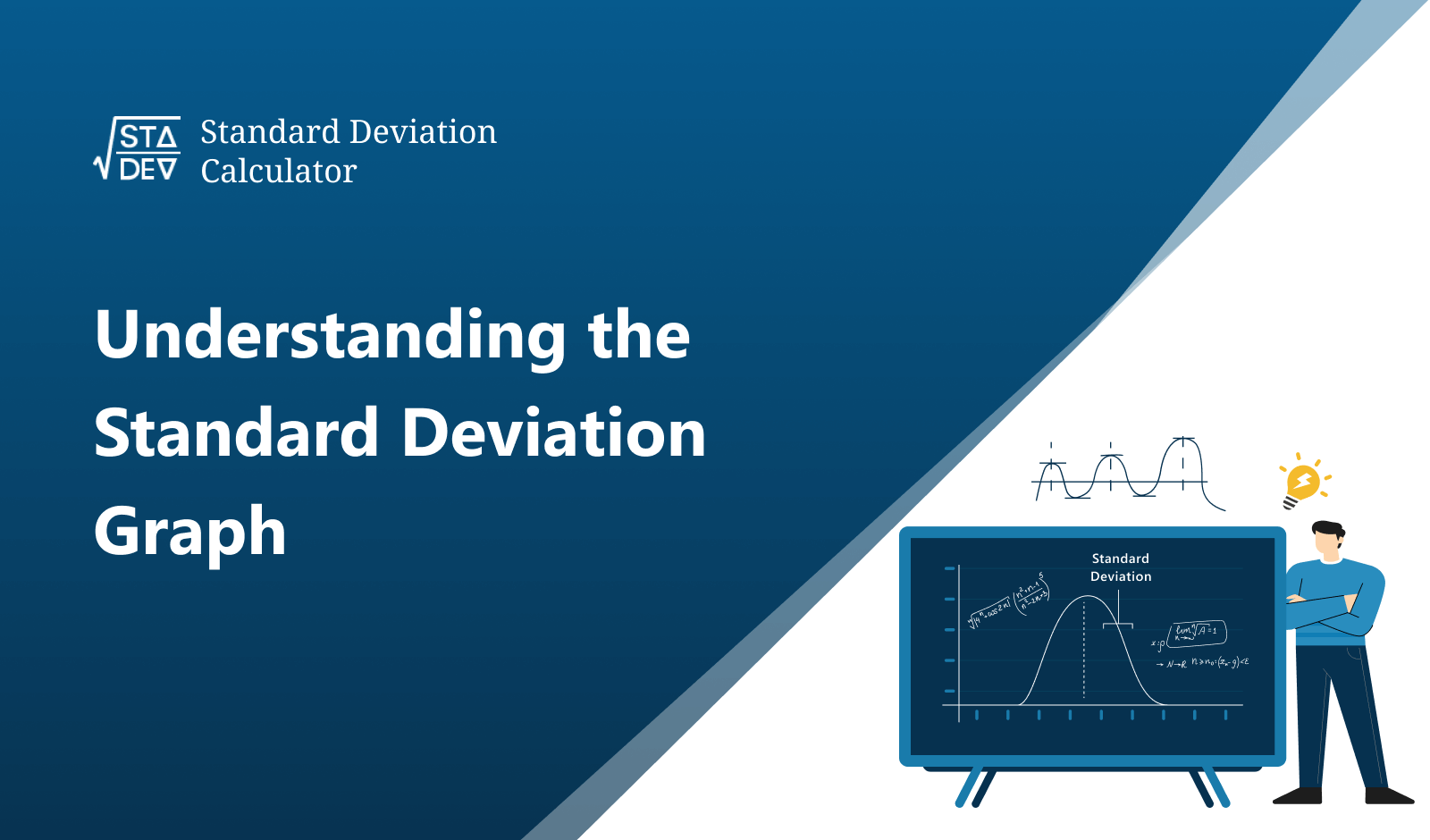Our Poisson distribution calculator helps to find the probabilities of any event that occurs many times over some specific interval using the Poisson distribution formula.
This Poisson calculator finds the probability of any event using the Poisson random variables (x) and average rate of success (λ) at different types of probabilities with the detailed steps in seconds.
What is Poisson distribution?
Poisson distribution is a theoretical distribution that is a good approximation to the binomial distribution when the probability is small and the number of trials is large.
In probability theory and statistics, it describes the probability of any event occurring within a fixed interval of time in the Poisson experiment. The occurrence of any event is independent with respect to time at any constant rate.
The Poisson distribution is named on behalf of the remarkable work on discrete probability distribution by the French mathematician Simeon Denis Poisson. It plays an important role in determining the probability of several random variables by using the Poisson probability distribution on which the data is separated for scaling.
Poisson Distribution Formula
The formula of the Poisson distribution of random variables for the average rate of occurrence of any event in a specific interval of time can be stated as:
P(x) = (e−λ × λx) / x!
- “e” is Euler’s constant (e = 2.718).
- “λ” expected number of events (average rate of occurrence).
- “X” observed number of events (Poisson random variable).
Moreover, to find the probability of any event use our Poisson calculator, by just entering the value in the given input fields.
Poisson Distribution Example:
In this section, we'll learn the steps for calculating the probability using the Poisson distribution method.
Example:
If x = 2(Poisson random variable) is an observed number of events and λ = 2 (average rate of occurrence) expected number of events find the possible probabilities.
Solution:
Step 1: Extract the data
X = 2
λ = 2
e =2.718
Step 2:Find the probability
x = 2 (For Exactly)
Formula:
P(x) = (e−λ × λx) / x!
Values:
e = 2.178, x = 2, λ = 2
for probability: P (x = 2)
P (2) = {(2.718) −(2) × (2)2} / 2!
P (2) = 0.54144 / 2
P (x = 2) = 0.27073
For probability: P (x < 2) (For less than)
P (0) = {(2.718) −(2) × (2)0} / 0!
P (0) = 0.13536
P (1) = {(2.718) −(2) × (2)1} / 1!
P (1) = 0.27073
P (x < 2) = P (0) + P (1)
P (x < 2) = 0.40609
For Probability: P (x ≤ 2)
P (0) = {(2.718) −(2) × (2)0} / 0!
P (0) = 0.13536
P (1) = {(2.718) −(2) × (2)1} / 1!
P (1) = 0.27073
P (2) = {(2.718) −(2) × (2)2} / 2!
P (2) = 0.54144 / 2
P (x = 2) = 0.27073
P (x ≤ 2) = P (0) + P (1) + p (2)
P (x ≤ 2) = 0.67682
To verify the all above results use the above Poisson distribution calculator that provides the answer with detailed steps.
Frequently Asked Question
What is Poisson Experiment?
A Poisson experiment tells us the number of events occurring in a specific interval of time. Interval should be small/ large and its value anything such as a unit of time, length, volume, area, etc.
What are the characteristics of Poisson Experiment?
A Poisson experiment has some particular characteristics for the probability of any event under the Poisson distribution formula. These characteristics are given below.
- The probability of a single success that occurs in a short/long interval of time is proportional to the size of the given interval.
- The probability of a successful event is independent of the successes of an event that occurred outside the interval in a short interval of time.
- The probability of more than one success is small which occurred in a short interval of time.
- The average rate of success of any event is always known.
What is the role of Poisson random variable in Poisson distribution formula?
A Poisson random variable represents the likelihood number of successes in the Poisson experiment for a specific interval of time. It helps to find the probability of any event according to its value using the Poisson distribution formula.
What is the average rate of success in Poisson distribution?
The average rate of success represents the number of successes of the occurrence of any event in the Poisson experiment in a particular interval of time. It helps to find the probability of the occurrence of an event with respect to its value.
What is the Poisson Probability?
The Poisson probability represents the probability of the exact “n” success of any event in the Poisson experiment by using the Poisson distribution formula.







